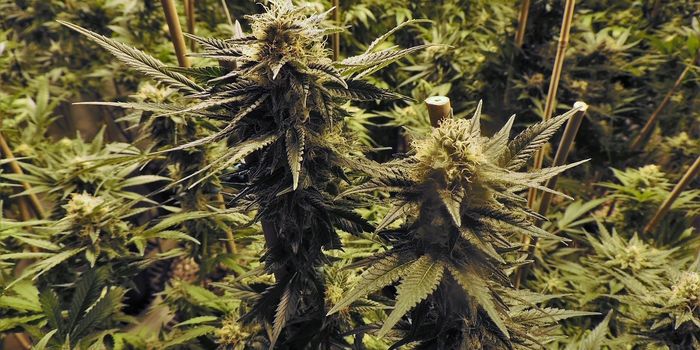Marijuana Use and Cognitive Development Among Justice-Involved Youth
A study published in the Journal of Applied Developmental Psychology provides a crucial examination of the relationship between marijuana use and dual systems imbalance among justice-involved youth (JIY). Dual systems imbalance refers to the cognitive developmental state characterized by heightened sensation-seeking and reduced impulse control. This imbalance is significant because it has been linked to increased risk-taking behaviors and antisocial conduct, which are highly relevant in justice-involved populations. The study’s key finding is that higher frequency of marijuana use is associated with greater dual systems imbalance, indicating that frequent marijuana consumption may contribute to problematic cognitive development in this vulnerable group.
Importantly, the association between marijuana use and dual systems imbalance was consistent across ages during adolescence and emerging adulthood. This suggests that the negative cognitive effects of marijuana use on sensation-seeking and impulse control do not diminish or intensify at specific age points within this developmental window among JIY. This finding is notable because it contrasts with previous research that has primarily focused on adolescence as the critical period for marijuana-related cognitive harm. For justice-involved youth, the study implies that marijuana’s influence on cognitive imbalance is stable throughout these formative years, underscoring the importance of addressing substance use throughout the entire period of justice system involvement.
The implications of these findings are significant for criminal justice and public health professionals working with JIY. Given the well-documented high rates of substance use in this population and the link between dual systems imbalance and antisocial behavior, reducing marijuana use could serve as a key strategy for lowering recidivism rates. Targeting chronic marijuana users at intake into the justice system could enable more effective allocation of resources, such as substance use treatment programs tailored to the unique needs of JIY.
Despite these important contributions, the study acknowledges several limitations. First, the generalizability of the findings is limited because the sample consisted exclusively of justice-involved youth. This population’s elevated substance use and atypical developmental trajectories of sensation-seeking and impulse control differentiate them from the general population. Another methodological limitation concerns the measurement of marijuana use. The study assessed frequency of use on a weekly basis but did not capture the quantity or heaviness of use during each occasion.
This study advances understanding of how frequent marijuana use may exacerbate cognitive developmental issues related to sensation-seeking and impulse control among justice-involved youth, with stable effects across adolescence and emerging adulthood. The findings suggest the importance of continuous intervention efforts to reduce marijuana use within this population as a means of improving cognitive development.








